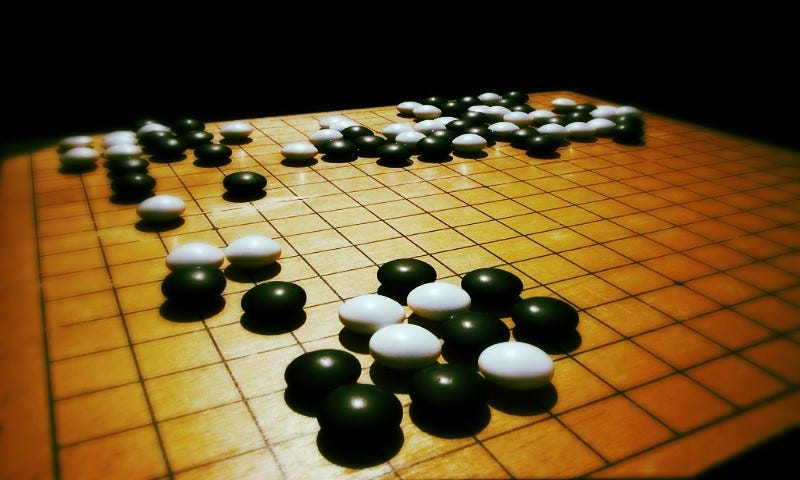ChinAI #35 A Special Lecture in China's Congress on a "Chinese Path" to becoming an AI S&T Power, plus Meitu at year 10 and its use of AI

Welcome to the ChinAI Newsletter!
These are Jeff Ding's weekly translations of writings on AI policy and strategy from Chinese thinkers. I'll also include general links to all things at the intersection of China and AI. Please share the subscription link if you think this stuff is cool. Here's an archive of all past issues. *Subscribers are welcome to share excerpts from these translations as long as my original translation is cited.
I'm a grad student at the University of Oxford where I'm the China lead for the Governance of AI Program, Future of Humanity Institute.
Special Lecture on The Innovative Development and Societal Impact of Artificial Intelligence
A huge h/t to Cam Hickert, an allstar contributor to ChinAI, who found this lecture on AI which was a part of China’s 13th National People’s Congress speeches on special topics. It is by Tan Tienu, a professor of computer vision and pattern recognition, as well as Deputy Secretary-General of the Chinese Academy of Sciences. The translation (we’ve done 3/5 of the main sections, we’ll finish it up next week) is a great insight into how top government officials are viewing the impact of AI, with the aim of choosing a “Chinese path” to becoming a “AI S&T power.”
After the introduction Tan reviews the long and recent history of AI development (with emphasis on Deepmind’s interdisciplinary approach) and draws out 6 specific lessons, including “Cutting across disciplines is a ‘shortcut’ to innovation breakthroughs.” Tan then summarizes the status of China’s AI development in four ways: 1) high degree of emphasis, 2) in a heartening situation, 3) gaps are not insignificant, and 4) promising outlook. Also it was cool to see that Tan cites two pieces of publications GovAI was involved in, including the Malicious Use of AI report and my Deciphering China’s AI Dream.
FULL TRANSLATION: The Innovative Development and Societal Impact of Artificial Intelligence
Meitu at Year 10: How it’s leveraging AI
Remember this issue from a couple week's ago on AI Impact Factors? Leiphone uses those impact factors to dive into Meitu and produces some fascinating insights into this selfie app:
Meitu’s robot Andy uses AI to generate illustrated portraits based on a user’s selfie
In recent months, Meitu has topped the App Store rankings in Korea, Japan, Thailand, Egypt, Saudi Arabia and Mongolia
This is backed up by strong AI research: per Leiphone’s impact factors, in the past 8 months of 2018, Meitu has 8 AI research achievements recognized by the world's top academic conferences
AI has real effects for user stickiness: per its March earnings report, in the second half of 2017, the improvement of the recommendation algorithm made each user's interaction (such as commenting and liking featured videos) increase by 50% compared with the first half of 2017.
This Week's ChinAI Links
Chinese idiom of the Week: 名利双收 (ming2li4shuang1shou1): gain both fame and fortune
Very excited to recommend this article by Charles Rollett on Huawei’s ambitions to enter the video surveillance industry. It’s a perfect model for how people can borrow from our ChinAI weekly updated library and then add context, fact-checking, new sources, and original insights to produce top-level research and analysis.
Fascinating article by Kaveh Waddell of Axios on the link between language and S&T innovation
Well-researched ASPI report on Chinese military’s collaboration with foreign universities, with interesting details on how PLA researchers sometimes use “cover” to hide their affiliations but sometimes openly state their affiliation.
China Digital Times is a great bilingual news portal that does a lot of good translation work.
Thank you for reading and engaging.
Shout out to everyone who is commenting on the translations - idea is to build up a community of people interested in this stuff. You can contact me at jeffrey.ding@magd.ox.ac.uk or on Twitter at @jjding99
